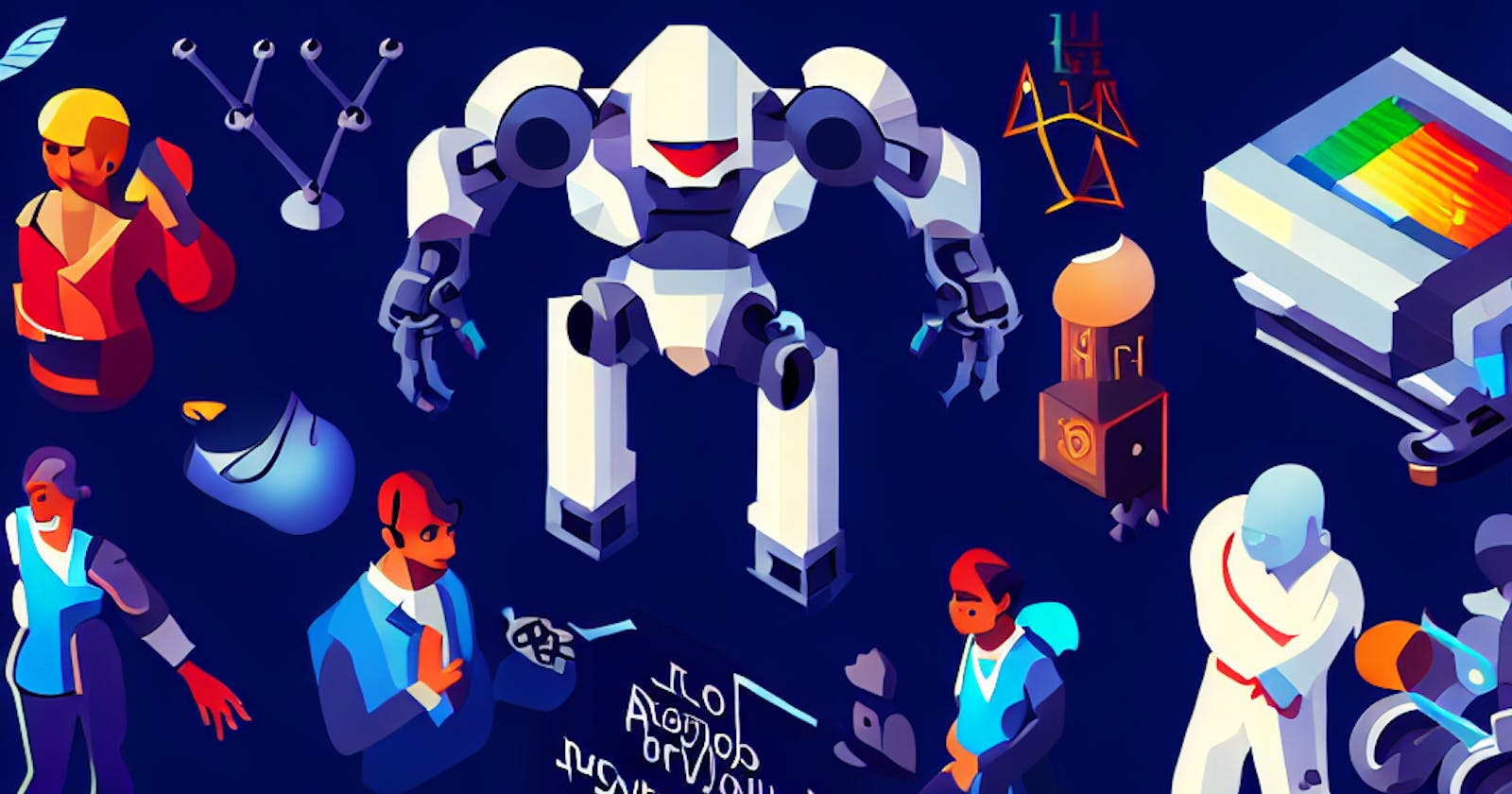Artificial Intelligence (AI) agents have emerged as powerful tools that are revolutionizing industries and transforming customer experiences. These intelligent agents leverage the capabilities of AI technologies to perform tasks, make decisions, and interact with users in a human-like manner. They have become an integral part of various sectors, including customer service, healthcare, finance, and more. In this blog post, we will explore the use cases of AI agents and discuss why they are in high demand in the market.
Use Cases of AI Agents:
• Customer Service Automation: AI agents are being widely used in customer service to automate and enhance the customer support experience. These agents can handle customer queries, provide personalized recommendations, and resolve issues in real-time. By automating routine tasks, AI agents free up human agents to focus on more complex and high-value interactions, leading to improved customer satisfaction and operational efficiency.
• Virtual Assistants: Virtual assistants, such as Siri, Alexa, and Google Assistant, have become an integral part of our daily lives. These AI agents use natural language processing and machine learning algorithms to understand user queries and provide relevant information or perform tasks. Virtual assistants assist users with tasks like setting reminders, playing music, providing weather updates, and even controlling smart home devices.
• Healthcare Support: AI agents are transforming the healthcare industry by providing support to healthcare professionals and patients. They can analyze medical records, assist in diagnosis, and provide personalized treatment recommendations. AI agents also play a crucial role in telemedicine, enabling remote consultations and monitoring patients' health conditions.
• Financial Services: AI agents are being used in the financial sector to provide personalized financial advice, automate investment management, and detect fraudulent activities. These agents can analyze vast amounts of financial data, identify patterns, and make data-driven recommendations to clients. They also enhance security measures by continuously monitoring transactions and detecting suspicious behavior.
• Sales and Marketing: AI agents are helping businesses optimize their sales and marketing efforts. They can analyze customer data, predict customer behavior, and provide personalized product recommendations. AI agents also assist in lead generation, customer segmentation, and targeted marketing campaigns, leading to improved conversion rates and customer engagement.
Top Open-Source AI Platforms:
Empowering Developers and Advancing AI Innovation Open-source AI platforms have played a significant role in democratizing access to cutting-edge AI technologies and fostering collaboration among developers worldwide. These platforms provide a wide range of tools, models, and resources that enable developers to build, train, and deploy AI applications. Here are two of the top open-source AI platforms while numbers are consistently increasing :
• Hugging Face: Hugging Face is a leading open-source platform that hosts a vast collection of pre-trained models, datasets, and demo applications. With over 120k models and 20k datasets, developers can easily collaborate and build machine learning solutions. Hugging Face Hub allows users to access and fine-tune models, making it a go-to platform for natural language processing tasks.
• Langchain: Langchain is an open-source platform that focuses on language learning models (LLMs). It provides a comprehensive framework for building and deploying LLMs, enabling developers to create conversational agents, chatbots, and language-based applications. Langchain offers integration with various LLM models and provides tools for prompt engineering, model selection, and deployment. These open-source platforms have revolutionized the AI landscape by providing developers with the resources and tools needed to accelerate AI innovation. They have fostered a vibrant community of developers who collaborate, share knowledge, and push the boundaries of AI technology.
The Industrial Goal of Reaching the Level of a true AGI:
Advancing Towards Artificial General Intelligence Artificial General Intelligence (AGI) refers to highly autonomous systems that outperform humans at most economically valuable work. It is the ultimate goal of AI research and development, aiming to create machines that possess human-like intelligence and can perform a wide range of tasks with minimal human intervention. The industrial goal of reaching the level of an AGI represents a significant milestone in the field of AI and has far-reaching implications for various industries and society as a whole.
• Enhanced Problem-Solving Capabilities: AGI systems have the potential to solve complex problems that currently require human expertise. They can analyze vast amounts of data, identify patterns, and make informed decisions, leading to more efficient and effective problem-solving across industries such as healthcare, finance, manufacturing, and more.
• Automation of Repetitive and Dangerous Tasks: AGI can automate repetitive and dangerous tasks, freeing up human workers to focus on more creative and strategic endeavors. This can lead to increased productivity, improved safety, and reduced human error in industries such as manufacturing, logistics, and transportation.
• Accelerated Scientific Research and Discovery: AGI systems can assist scientists in analyzing large datasets, conducting simulations, and generating hypotheses. This can significantly accelerate scientific research and discovery in fields such as medicine, materials science, climate modeling, and drug development.
• Personalized and Context-Aware Services: AGI has the potential to revolutionize personalized services by understanding individual preferences, context, and providing tailored recommendations. This can enhance customer experiences in areas such as e-commerce, entertainment, healthcare, and personalized education.
• Addressing Societal Challenges: AGI can be leveraged to tackle complex societal challenges, such as climate change, poverty, and healthcare disparities. By analyzing vast amounts of data and generating insights, AGI systems can assist policymakers and organizations in making informed decisions and developing effective strategies.
• Ethical Considerations and Responsible Development: Reaching the level of AGI raises important ethical considerations. It is crucial to ensure responsible development, addressing issues such as transparency, fairness, privacy, and accountability. Collaborative efforts between industry, academia, and policymakers are essential to establish guidelines and frameworks that promote the ethical and responsible use of AGI.
While reaching the level of AGI is a complex and challenging endeavour, the industrial pursuit of AGI represents a significant step forward in advancing AI capabilities. It requires interdisciplinary collaboration, continuous research, and a focus on ethical considerations to harness the potential of AGI for the benefit of humanity.

